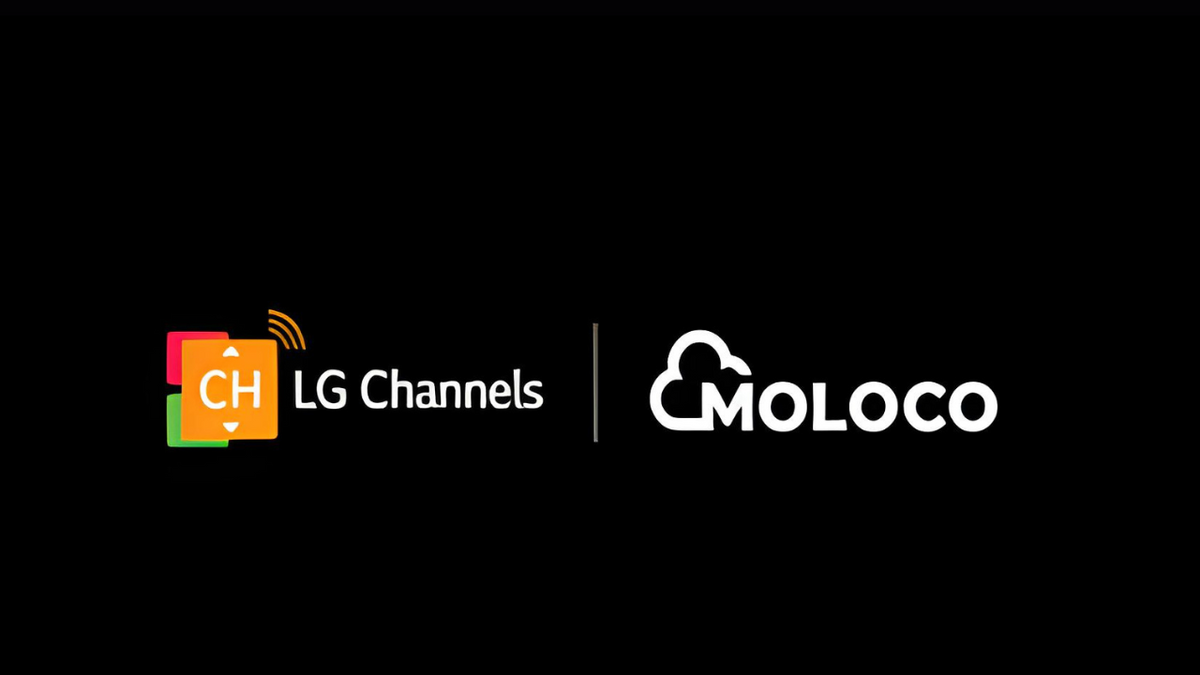Main fast-moving client items (FMCG) corporations in India have diminished their promoting expenditure in the course of the quarter ended December 31, 2024, reflecting the broader market slowdown and subdued client demand.
Hindustan Unilever Restricted (HUL), the sector bellwether, recorded an 8% year-on-year decline in promoting spending to Rs 1,466 crore, following a 15% discount within the earlier quarter.
The pattern was echoed throughout the {industry}, with Dabur India reporting a 7.3% lower in promoting expenditure to Rs 226.7 crore, whereas Colgate-Palmolive’s Indian operations witnessed a 2% dip to Rs 1,452 crore.
Nonetheless, Marico bucked the pattern with a 19.1% enhance in promoting spend to Rs 293 crore, in comparison with Rs 246 crore within the corresponding interval final yr.
City slowdown versus rural restoration
The discount in promoting budgets comes in opposition to the backdrop of a notable deceleration in city demand, at the same time as rural markets confirmed indicators of gradual restoration.
In accordance with the most recent Kantar FMCG Pulse report, sector progress slowed to 4.3% throughout August-October 2024, down from 6.4% in the identical interval final yr. City areas significantly suffered, with quantity progress declining to 4.5% from almost 7% year-on-year.
HUL’s chief government officer and managing director, Rohit Jawa, addressed these issues in the course of the firm’s earnings name, stating that “FMCG demand developments remained subdued in Q3 FY25, with continued moderation in city progress whereas rural sustained its gradual restoration.”
Dabur India’s CEO, Mohit Malhotra, echoed comparable sentiments, noting, “The quarter introduced a difficult working atmosphere, marked by unfavourable climate circumstances and a slowdown in consumption. India skilled delayed and contracted winters, with October and November being the warmest in a few years, whereas city demand confirmed indicators of moderation; the agricultural markets remained resilient. The agricultural enterprise has outperformed city enterprise for the fourth consecutive quarter.”
The impression
The ripple results of diminished FMCG promoting had been felt throughout the media sector. Zee Leisure’s CEO, Punit Goenka, acknowledged throughout their Q3 earnings name that “the muted spending by FMCG manufacturers in a festive quarter additional slowed the tempo of progress for the {industry} at massive”.
He additional defined, “Though there was a marginal pickup within the rural restoration, the lacklustre sentiment within the city market led to weaker demand and impeded vital progress. This in flip additionally impacted our promoting revenues in the course of the quarter.”
Whereas most corporations diminished their promoting spending, some maintained or elevated their investments. Emami, recent from rebranding its flagship males’s grooming product from ‘Honest and Good-looking’ to ‘Good and Good-looking’, elevated its promoting expenditure by 6% year-on-year to Rs 176 crore.
Marico’s vital enhance in promoting spend to Rs 293 crore stood out as a notable exception to the industry-wide pattern of diminished advertising and marketing investments.
Finances brings hope
The latest Union Finances 2025 has injected optimism into the sector. Trade leaders view the federal government’s measures, significantly the tax exemption, as potential catalysts for elevated client spending.
Mayank Shah, vp of Parle Merchandise, expressed enthusiasm concerning the price range’s potential impression: “The Union Finances takes a daring step towards spurring demand for client items, addressing challenges the sector has confronted over the previous few years. As an illustration, making an efficient tax-free earnings of Rs 12.75 lakh is kind of efficient because it will increase consumption because of increased disposable earnings.”
The capturing of rural demand through focused agricultural funding throughout 100 areas, together with MSME assist help, will serve the twin objective of making further employment and uplifting spending energy, he added.
This optimistic outlook was strengthened by Shivam Puri, Managing Director and CEO of Cipla Well being Restricted, who acknowledged, “The rise within the tax-free earnings restrict is a big aid for the center class, placing more cash within the fingers of customers. This increase is anticipated to drive general consumption, benefiting important classes, together with well being and wellness merchandise.”
The mix of coverage measures geared toward rising disposable earnings, coupled with focused agricultural investments and MSME help, is anticipated to catalyse a revival in client spending.
This, in flip, may result in a resurgence in FMCG promoting expenditures as corporations search to capitalise on improved market sentiment and enhanced client buying energy within the coming quarters.
Written with the View : afaqs



